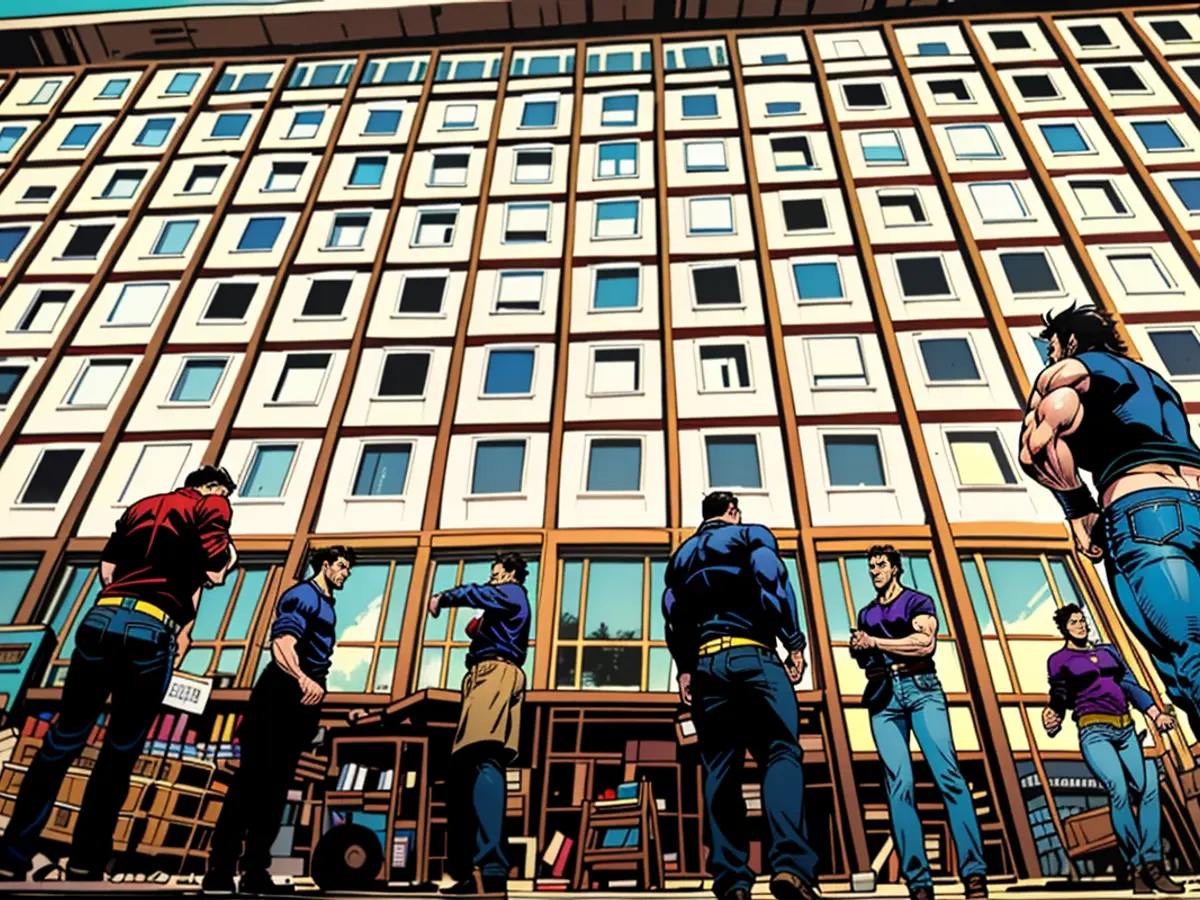Acquittal in second trial for attack on asylum home in Saarlouis in 1991
The alleged main suspect was sentenced to six years and ten months in juvenile detention in October - 32 years after the crime. However, the judgment against him is not yet legally binding. He was supposedly motivated by right-wing extremist ideologies.
The now acquitted man, a friend of the alleged main suspect, was accused by the prosecution of being a leading figure in the local Skinhead scene at the time. He was charged with influencing and encouraging the main suspect before the crime.
In September 1991, the then 27-year-old asylum seeker Samuel Yeboah was killed in a fire. Two other residents jumped out of the shelter's window and broke their bones. Eighteen residents managed to escape unharmed.
The acquitted man was initially in pre-trial detention but was released in March. The reason for this was an statement from a key witness that raised doubts about a pressing suspicion of him. According to the witness's testimony, the accused had not explicitly called for an attack at the time.
After the 1991 arson attack, investigations remained unsuccessful and were discontinued. The case was known as Germany's most famous unsolved extremist murder case. Only about three years ago, the investigations were taken up again due to new insights, and the Federal Prosecutor's Office took over the case.
- The court spokeswoman announced that the acquitted man, who was a friend of the main suspect, received an acquittal due to insufficient evidence.
- The asylum home where Samuel Yeboah lived in Saarlouis in 1991 served as the scene of the unsolved arson attack.
- The prosecution attempted to halt the process against the acquitted man, citing right-wing extremist motivations and his influence on the main suspect, but the case ultimately resulted in his acquittal.
- In Koblenz, the Federal Prosecutor's Office is currently handling the revived investigation into the 1991 arson attack, now that new insights have made it possible to reopen the case.







